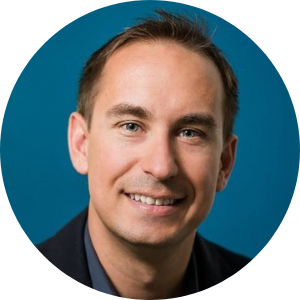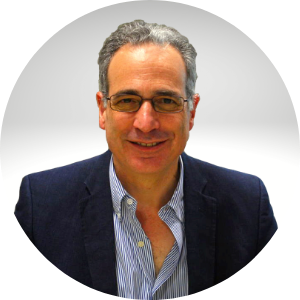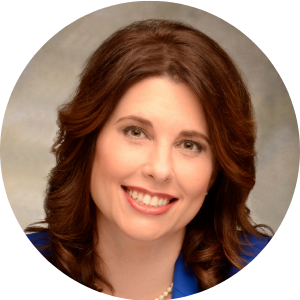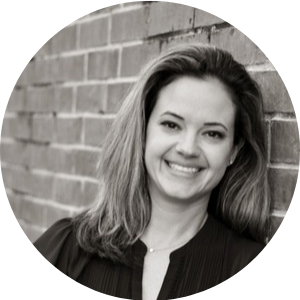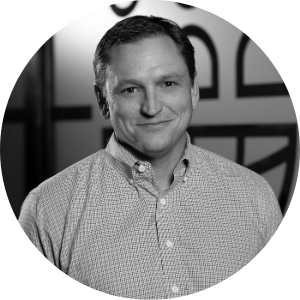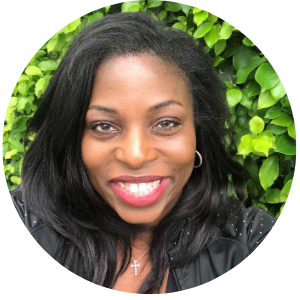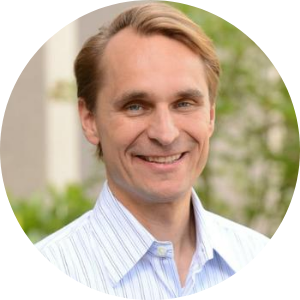
What’s Your Cathedral Story? | Jonathan Haberkorn
#31: What’s Your Cathedral Story? | Jonathan Haberkorn
Are you completing a task or working towards a bigger vision? If you have a Cathedral Story your work, your goals – your life will have more meaning.
As the cofounder of Intrizen, Jonathan Haberkorn specializes in making sense of complex processes and organizing them in a way that emphasizes human interaction first. By prioritizing the people who will be using the system and through promoting connections, Jonathan’s purpose fuels his craft.
Show Notes
“If we’re going to spend the majority of our time doing work, there’s got to be a good reason and meaning behind it. That’s where the shift is. When you do land on where you feel like you’re in line with your purpose, it is easier to see the impacts, and you become a servant of that.”
– Jonathan Haberkorn
A serendipitous dinner conversation with Jonathan took place a few years ago and stuck with me. I was moved by a story he told about the time when the magnitude of his work was unexpectedly revealed. I call it a Cathedral Story.
Start with Purpose
Charging you work with purpose endows you with a greater sense of congruence between your professional and personal lives. Work then goes beyond the transactional aspects; supporting a life of intention and of fulfilling the promise of your potential.
As the cofounder of Intrizen, Jonathan Haberkorn specializes in making sense of complex HR processes and organizing them in a way that emphasizes human interaction first. By prioritizing the people using the system and the process of promoting connections, he relies on purpose to fuel his craft.
The Cornerstone of The Cathedral Story is our Orientation
[12:30] “The bricklayer said, ‘I’m a bricklayer, I’m working hard to make money so I can feed my family.’ The second bricklayer said, ‘I’m a builder, I’m building a wall.’ And then the third guy says, ‘I’m a cathedral builder, I’m building a cathedral where people will worship.’ …Basically, they’re doing the same job, but the context and the orientation that they’re doing it with changes everything.
“When we see how the work that we’re doing is going to be used, what’s the long term and even the multiplier impact it can have, it really changes. It changes the quality of our work.”
We can approach our work as a series of tasks or as a meaningful part of a greater vision with many ripples.
Purpose keeps us centered and whole
[26:00] “So knowing that things don’t always go to plan more times than not, and there’s deviations that happen, what’s our response to that? How are we going to react to it? We have the different ways we can react to it, we can be conscious about the way we’re thinking and kind of deal with it and handle it and give perspective around it.”
[31:40] “I used to think, okay, this is work, and then there’s home life…there’s definitely different aspects of life. But once I’ve really found my purpose, and have completely aligned to that, it all seems like one life to me. It’s all intertwining with each other.”
Purpose gives a perspective that transcends the silos of life.
Links to Intrizen and Jonathan Haberkorn:
https://www.linkedin.com/in/jonathanhaberkorn/
www.intrizen.com
LinkedIn: https://www.linkedin.com/company/weareintrizen
Facebook: https://www.facebook.com/WeAreIntrizen/
Instagram: https://www.instagram.com/weareintrizen/
Twitter: https://twitter.com/WeAreIntrizen
To subscribe to the Rise Leaders newsletter for more resources: https://mailchi.mp/426e78bc9538/subscribe
To discuss executive coaching, leadership development program design, and workshop facilitation, please visit:
https://rise-leaders.com/contact-info/
I specialize in helping leaders and organizations thrive. Reach out if there’s a way I can support you.
